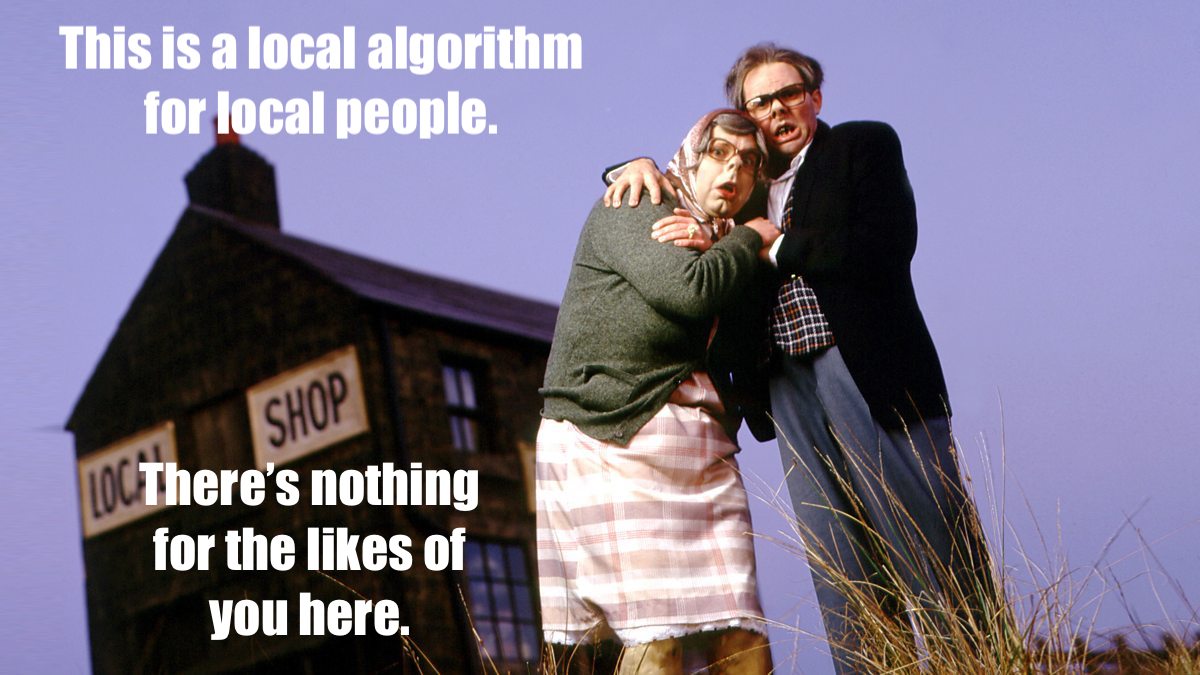Facebook asks publishers: are you local?

Ooops. He Zucked it again. For three weeks running now, Zuckerberg’s big blue monster is messing around with the Facebook and its relationship with news. This is an actual photo of audience engagement people reading the latest missive from Facebook:

And here’s the core message:
Today, we’re updating News Feed to also prioritize local news so that you can see topics that have a direct impact on you and your community and discover what’s happening in your local area.
This is what Zuckerberg himself Zuckerberg’s Facebook management team had to say:
So, exactly how is that going to work, Mark?
We identify local publishers as those whose links are clicked on by readers in a tight geographic area. If a story is from a publisher in your area, and you either follow the publisher’s Page or your friend shares a story from that outlet, it might show up higher in News Feed.
And given that so many people use Facebook on their mobile phones they have a good amount of information about what local means for each of us — and for publishers.
A local algorithm for local engagement
This is interesting for a number of reasons:
- Local news has been utterly brutalised over the last decade. Anything that assists it is likely to be seen as welcome — and a cynic might note that this feels like a token bit of good news for the journalism business after weeks of bad news from Facebook.
- Looking and locally-relevant publishers is a useful way of cutting around many of the disinformation merchants. Most (but not all) of them depend on scale and national or international issues to achieve their goals. However, that will be a short term win at best, as it’s not significantly more effort for them to set up a network of related “local” sites, and then use those in concert.
- Local news — of the right sort — is quite genuinely engaging. There’s a discussion going on about a new development approval in my home town that’s in the hundreds of comments right now, and some photos I shared yesterday morning have a similar number of likes. Sure, it’s not national newspaper scale – but that’s hardly the point is it?
- Gosh, this is a good way for mining more data to sell more locally-contextual advertising, isn’t it?
And so, there’s one question on every publisher’s lips right now:

Inevitably, some people will try to game this by reversing the more recent technique; going from trying to find a national angle on every local story, to trying to find a local angle on every national one. But, broadly speaking, this actually looks like quite a good move from Facebook. Anything that encourages people to engage directly with local issues, rather than abstractly with national ones is actually helpful to democracy.
It’s a pity that so many of our local publishers have cut so hard they don’t have the resources to take advantage of this — or have adopted distinctly non-local hub strategies that won’t play well in this change.
The devil, of course, will be in the details…





